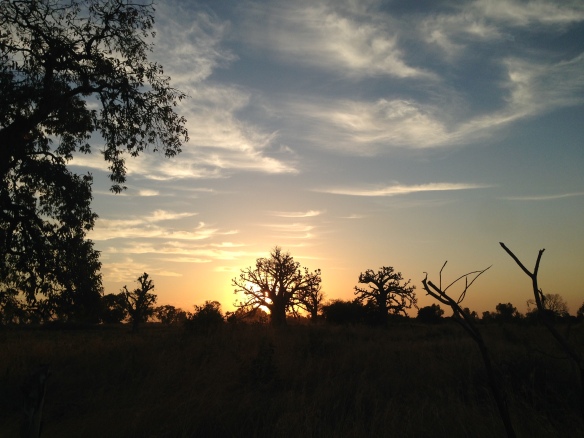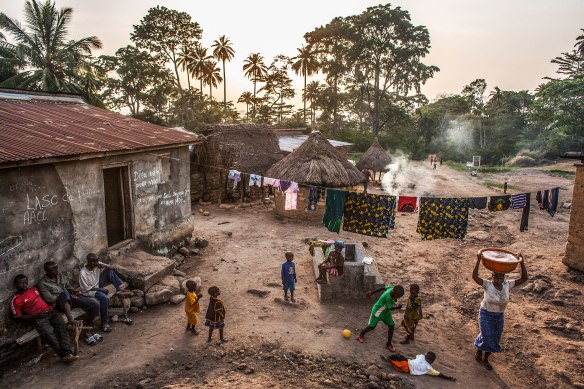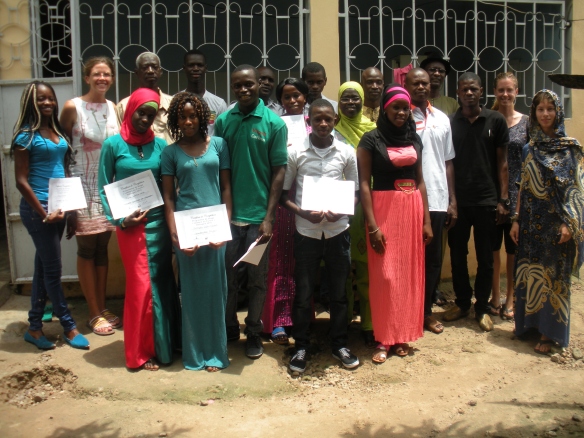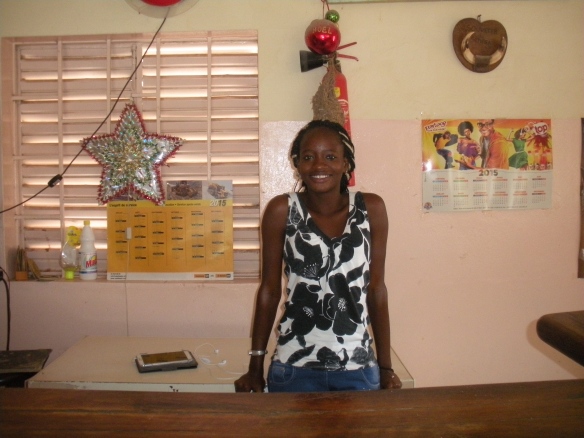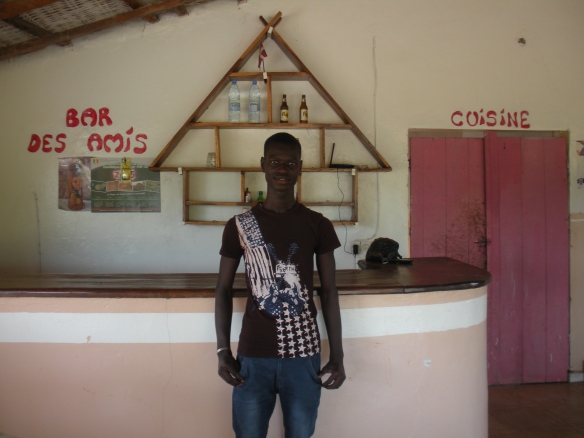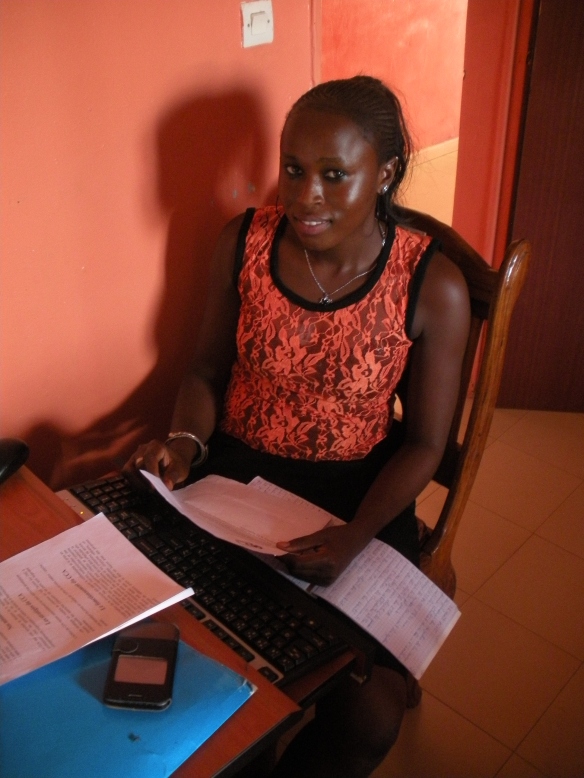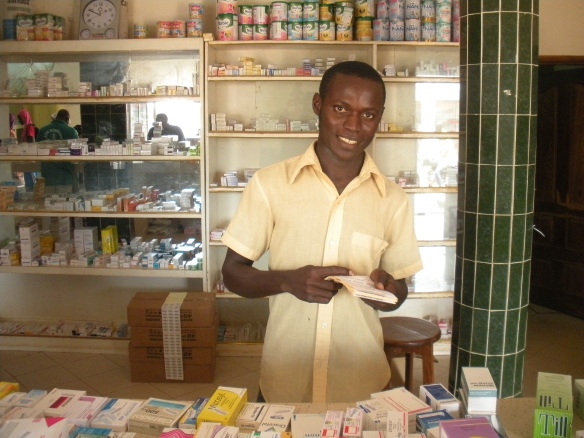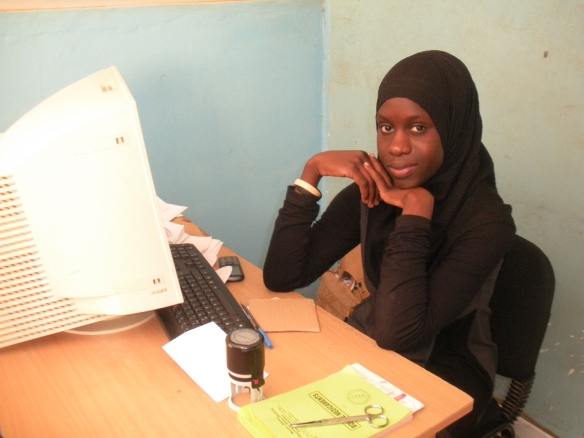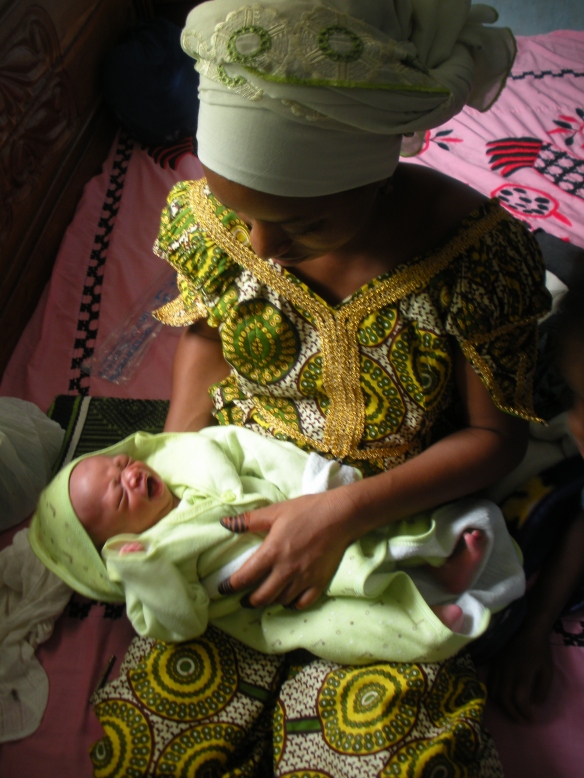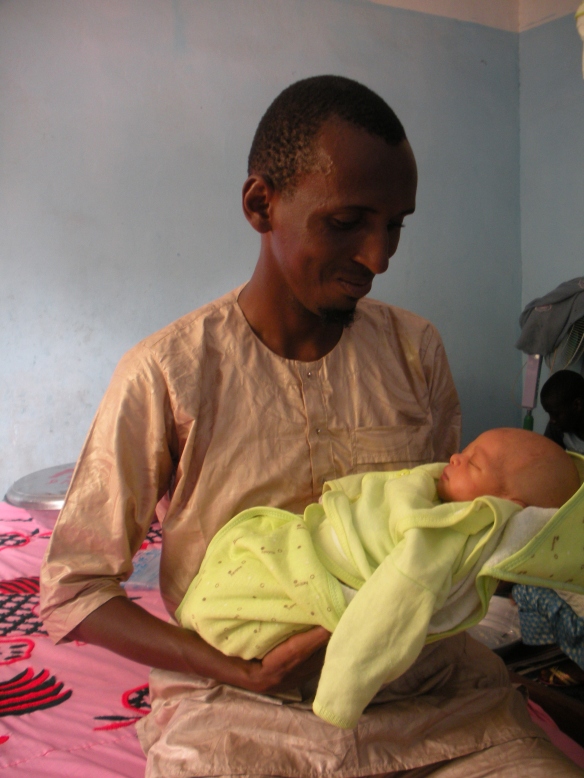A little over two years ago, I set off on an adventure to live and work in Senegal. It’s hard to believe that my time here is almost finished, but, as I look forward, I wish I had more time to be in this place that’s become home.
At this point in many a PCV’s service, he or she is more than ready to return home to America. After living in Senegal for two years, we miss family and friends, are exhausted from navigating a different culture and language, and are simply ready to move onto the next stage of life.
Although I feel all of those things, I’m also not prepared to pack up and leave in less than two months.
When a child is having a rough day – crying all the time, falling down, or not getting along with others – people will say that she is trying to carry a mountain on her back… “O waawa bambugol pelle.” The child is attempting to take on the world, but failing.
As I look forward to the future – being reunited with family and friends, eating hamburgers, speaking English, searching for a job, and driving in a fully-functioning automobile – I feel like I’m carrying a mountain on my back. No one could argue that any of those are bad things, but I’m overwhelmed by the thought of tackling the challenges that will come with those opportunities.
Being a privileged American, I don’t want to complain about these first world prospects. There are so many job openings that I don’t know which ones to apply to. I’m free to move to any city in the world, if it fits my fancy. Everyone I know speaks English so I don’t have to learn a new language to get ahead. The money I earn from being employed allows me to buy good food, nice clothes, and even a car.
But, yet, the mountain on my back seems so heavy.
Transitions are never easy. It wasn’t easy coming here and it won’t be easy to leave. I’ve invested two years in learning the local language, building relationships, and becoming a trusted member of the community. In just a couple months, I’ll leave most of that behind. My family and friends will only be a Skype call away, but it’s not the same as spending time together every day.
The literal translation of the phrase, “O waawa bambugol pelle,” is “She can’t carry a mountain on her back.” Mountains aren’t to be carrying around. Mountains aren’t to be moved. Mountains are to be enjoyed for their beauty, explored for recreational thrills, traversed when needed, but otherwise left alone.
If you’re trying to carry a mountain on your back, you’re doing something wrong.
The future is exciting, but it’s also terrifying. Just like climbing a mountain peak, it’s not without its struggles. But, like reaching the summit, it’s always worth the sweat and tears shed along the way.
As I prepare to leave Senegal and return to America, I hope the mountain on my back turns to a molehill; allowing me to straighten my bent back and enjoy the views.

